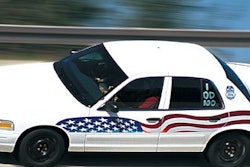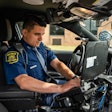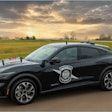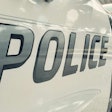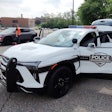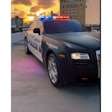During a murder investigation, police attached a global positioning satellite (GPS) device to the vehicles of William Bradley Jackson, a suspect in the case. After following his movements, police were led to an area off of a remote logging road that was found to be his 9-year-old daughter’s shallow grave. Police had obtained a warrant for GPS in the case.
While this tracking technique has proved useful to police, some say it could be misused if allowed to go unchecked.
“Do we really want the ability to track everybody all the time, without any suspicion, or without probable cause?” asks Doug Klunder, a Seattle attorney who wrote an amicus brief in the case on behalf of the American Civil Liberties Union of Washington. “How close are we to Big Brother?”
Many law enforcement agencies believe no warrant is needed to use GPS tracking devices because they record electronically what could be seen by anyone following a vehicle on public streets.
A Spokane, Wash., court stated in an opinion last year that “A law officer could legally follow Mr. Jackson’s vehicles on public thoroughfares. The GPS devices made Mr. Jackson’s vehicles visible or identifiable as though the officers had merely cleaned his license plates, or unobtrusively marked his vehicles and made them plain to see.”
But critics say following someone’s movements in real time and recording them for later analysis are very different. Lisa Daugaard of the Seattle-King County Public Defender Association says the privacy of Washington citizens is at stake.
Although GPS has not been used very often by police in the state, some contend that a broad interpretation of a decision to permit tracking without warrant could lead to using the tactic more frequently in the future, and possibly for different purposes.
Daugaard worries that if the Supreme Court agrees no warrant is needed for GPS, police could use the decision to go too far. “There is no constitutional barrier to the police secretly inserting a tracking a device into a suspect’s clothes or even his body, because, for the most part, people move around from place to place in ‘plain view.’”
Also, if police get the OK to track people without obtaining warrants, the ACLU fears misuse of the tactic by citizens. Jealous husbands could follow their spouses’ movements or killers could track potential victims.







